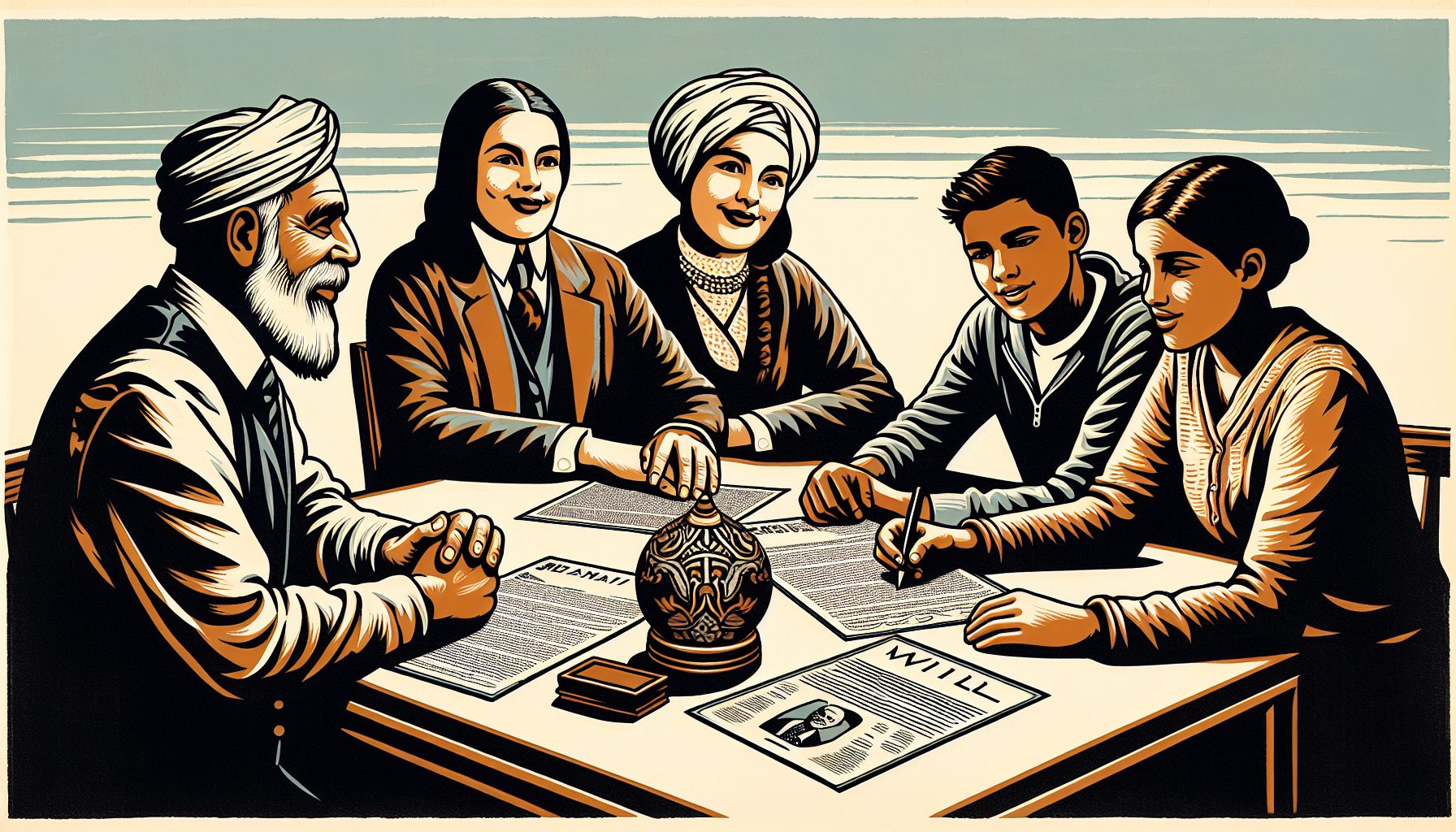WASHINGTON(Reuters) – Top Pentagon and Air Force leaders met on Tuesday tofinalize plans for a $35 billion aerial-refueling competition, andofficials plan a statement later this week, according to sources toldabout the plans.
Pentagon spokesman Chris Isleib denied earlier reports that a statement would be issued on Tuesday.
Tuesday’s meeting included Deputy Defense Secretary Gordon England,chief Pentagon arms buyer John Young and Acting Air Force SecretaryMichael Donley, said one source, who asked not to be named. DefenseSecretary Robert Gates was also briefed.
Boeing Co (BA.N: Quote, Profile, Research, Stock Buzz), whose 27,000 machinists have been on strike since Saturday, is vying against a team made up of Northrop Grumman Co (NOC.N: Quote, Profile, Research, Stock Buzz) and Airbus parent EADS (EAD.PA: Quote, Profile, Research, Stock Buzz) to build an initial 179 refueling tankers for the U.S. Air Force.
Boeing Chief Executive Jim McNerney and Jim Albaugh, who headsBoeing’s defense business, asked England at a Pentagon meeting onAugust 21 to give them six months to craft a competitive proposal inthe revamped competition.
England then also met with Northrop Chief Executive Ron Sugar in theinterest of fairness, said two sources, who asked not to be named. Atthe meeting, England emphasized the department’s desire to resolve thecompetition as expeditiously as possible, one of the sources added.
The Pentagon had planned to issue the final request for proposalsfor the competition by mid-August, with the aim of awarding a contractaround the end of December.
The department had already signaled that it would agree to give thecompanies 60 days — not 45 — to respond to the final bidspecifications, according to sources close to the process.
It was not immediately clear whether the Pentagon officials hadagreed to any further extension, a move that could make it difficult toaward a contract before President Bush leaves office on January 20.
One source said Boeing is unlikely to get the full six months itseeks, but the companies could get four months — two months longerthan expected — to work on new bids. That would make bids due inmid-January and a contract award unlikely before mid-March at theearliest.
Another option under consideration would be to cancel the AirForce’s contract with Northrop — which is subject to a stop-work orderat the moment — and defer any decisions to the next administration,said a second source, who asked not to be named.
In February, Northrop and EADS beat Boeing for the deal in a hugecoup for EADS as it seeks to move into the lucrative U.S. militarymarket, and a move that would pave the way for Airbus to beginproducing commercial airliners in the United States.
The Defense Department decided to rerun the competition after theGovernment Accountability Office, ruling on a protest filed by Boeing,found the Air Force had made "significant errors" in evaluating rivalbids.
The Air Force took 10 months to evaluate the initial bids, but therevamped competition involves changes in just eight areas faulted bythe GAO, a less complex task.
Based on its analysis of draft revisions to the tender, Boeing hasargued it needs six months to meet what it says is the Pentagon’srequest for a bigger plane than the 767-200ER model it initiallyproposed.
Northrop won the earlier contest with an Airbus A330 derivative that can carry more fuel than the 767.
Boeing has said it might withdraw from the competition if it did not get enough time to prepare a competitive bid.
(Reporting by Andrea Shalal-Esa; Editing by Brian Moss and Gerald E. McCormick)
? Thomson Reuters 2008 All rights reserved








